Migration and attraction of digital talent.

The XXI century will continue to amplify the globalization of our economies with more population movements. Immigration has been, throughout the history of mankind, key for the development of our own species. People moved and settled in new places, with their knowledge and their potential, with their vantages and their problems. It is something so natural that it constitutes an essential element of the human being.
Globalization will not stop at digital goods and data. The future of humanity is a future where the population will move even more easily and where residence and identity will not be fixed or static.
Reflecting on emigration and geopolitical variables is essential in planning digital attraction plans. The strategies must be solid and durable, to attract and settle this professional talent from the digital sector and from the rest.
Facing an impasse of the currently populist juncture.
The current moment where nationalism, xenophobia and racism proliferating can confuse us. But it is the beginning of the end, the swan song. With more or less suffering we will overcome this selfish and retrograde interlude. It is not an option, globalization is an obligation. If we want to survive as a species we will have to cooperate and join efforts to solve global problems, globally.
A world connected and reciprocal dependency.

Economic interdependence is total nowadays: natural resources, energy, labor, capital and finance, production and consumption. And what is more important beyond these economic values, the dependence of humans among them is already total, borders only exist in the law and in social classes. Capital and merchandise circulate freely because if they stop, the economies and countries sink down.
Conflict, imperialist, isolationist, millenarian or religious discourses have neither meaning nor practical viability. Not China with its neo-imperialist discourse nor the United States with, the still not sufficiently surpassed, «Makes America great again». Much less theocracies, or Russia invading Ukraine, are possibilities for the future.
Cooperation and welfare state are the only, just, rational and sustainable solution in the medium term. In that sense, the history of humanity can only be understood if we understand population movements. Migrations resulting from hunger, climate problems, wars, oppression and injustice.
However, it was not only the need or the obligation. People have traveled, they have changed their place of life and residence also for a longing for adventure, in search of resources and opportunities to become something unknown, known.
Thanks to these population movements, people have conquered and invaded, but they have also mixed, discovered others, gathered and cooperated. Knowledge advances with cultural mix, sharing of diverse traditions, opinions and ways of dealing with problems. The XXI century, and the centuries to come, will see humanity expanding into space, colonizing the planets and satellites of the Solar System. As long as there are humans, there will be travelers and emigrants.
However, this will only happen as long as we manage to overcome the systemic challenges of our old Earth.
Immigration as a solution and opportunity to solve current problems.

The challenges of the present are economic, social and ecological. Worldwide we also need social justice, and it can only come from a coherence between social classes. Humanity needs to obtain a sustainable and sufficient standard of living. A socioeconomic stability makes each individual a citizen who respects the law and defends society in a rational, voluntary and continuous way. A fair planet will be one where the majority of the population belongs to a middle class, educated, responsible and supportive, aware of its obligations and political and social rights.
At the same time, the Earth needs to be ecologically sustainable, taking care of its most precious asset: nature, flora and fauna. Ecological sustainability is the key of our subsistence as a species. We need to apply the technological advances allowing energy saving; the reduction of waste and unnecessary consumption; recycling and reuse process. Ecological sustainability, like social justice, must be above merely economic and monetary criteria.
We have not yet talked about politics. Precisely, because political regulation, laws and specially their fair, intelligent application, are a sine qua non condition for developing a society founded on the above previous precepts. If we don’t want the future looks like a sad dystopia.
A just society is based on consensus.
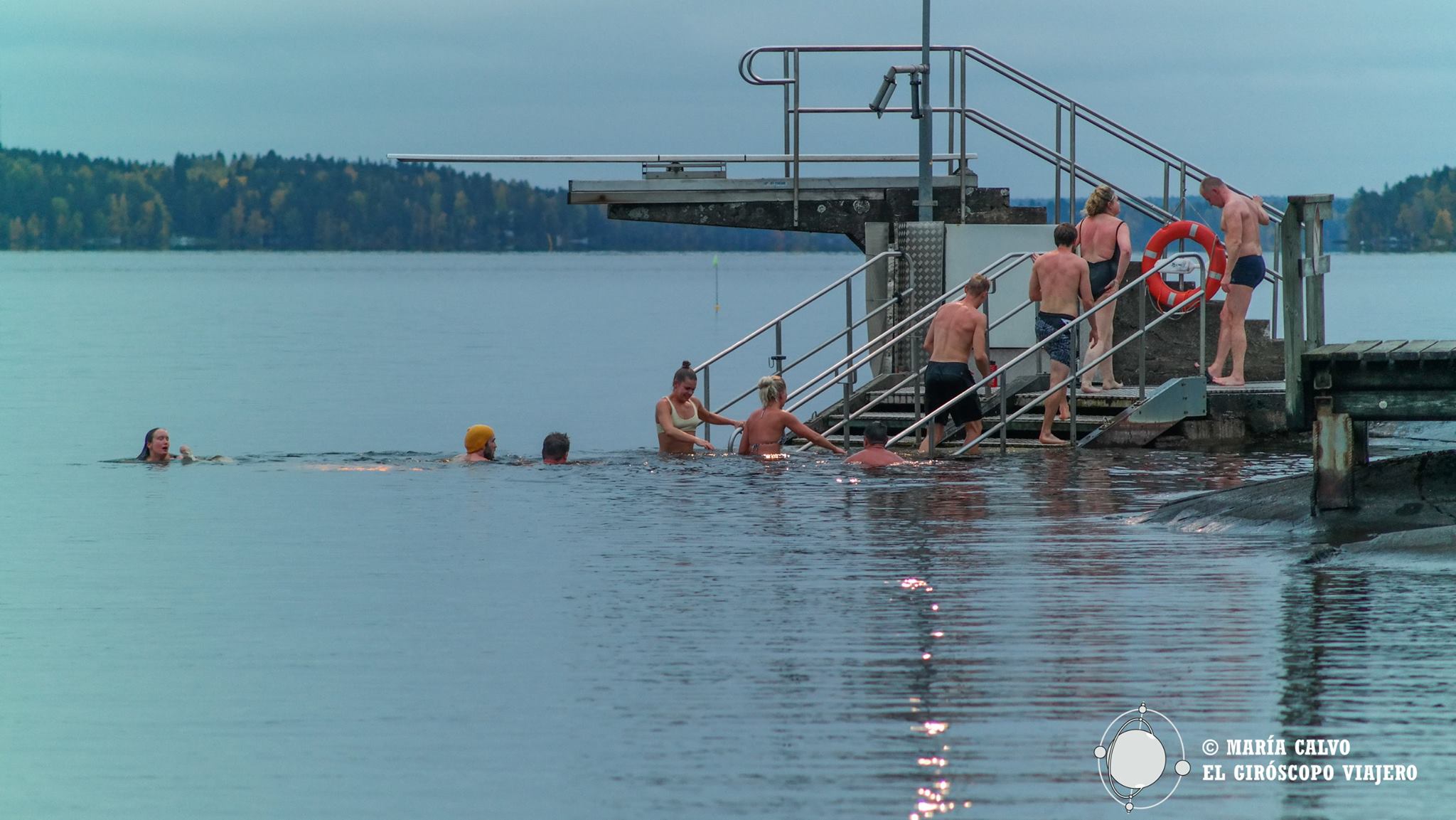
The basis of this entire project is the consensus. It could be seem too curious to claim a consensus when we observe the current world political situation is its exact opposite. Anti-democratic extremist movements are «banalised» in free societies. Meanwhile, dissidence is persecuted with violence, in many countries governed by dictatorships or increasingly autocratic governments. Where freedom is possible yet, populism, fake news, anti-scientific and anti-rational discourse, xenophobia, imperialism and classism are presented as unequivocal solutions to socioeconomic problems. These extremely dangerous movements are based on criticism of intellectuals and science, giving value to the most irrational, cruel and terrible instincts and feelings.
Therefore, the ability to reach agreements, – based on rational and fair criteria -, is key granting a society to be resistant to demagogy and populism. Consensus is based on win + win strategies, where cooperation and generosity, the positive sum, is always more beneficial than selfishness and inequality.
Europe an example to defend and share.

The current situation is not the most propitious to confirm the theses expressed above. America especially suffers from the problems of populism.
Latin America is facing age-old structural problems stemming from the umpteenth missed opportunity. In the 2000s, a very positive economic situation was not taken advantage of to change the area’s socioeconomic deep dependency. The high prices of raw materials and the spikes in demand from Europe, the United States and China are now history. For this reason, small social advances have been easily eliminated by the same wave of populism that the entire planet suffers.
Asia is influenced by models combining the worst of capitalism and communism, nationalism and religion. Chinese, Indian, Pakistani, Iranian or Saudi models are not attractive at all, not sustainable in a long term. Africa faces similar problems amid social and economic chaos.
Russia has provoked a war in Europe and has mortgaged its development for, at least, the next decade likely even more. Even without taking into account the massive human losses of the Ukraine invasion, Russia has seen more than a million of its best citizens flee. The most capable, the most prepared and progressive, they have left the country and probably will never return.
Europe and the attraction of talent.

Unfortunately, Europe is practically alone in defending a social democracy. Europe is the only region in the world where the welfare social still exists. The only area where a large part of the rules in terms of social, economic, ecological and political rights are maintained and valued. Europe is today the «most stable» region within the global stress. It is also the most attractive place to live and develop economic activities.
It’s true, other regions have more economic freedom, lower taxes and more entrepreneurship. Nevertheless, Europe makes up for it with its quality of life and security. The health and education systems, the infrastructures are guaranteed by the States and paid for with taxes. These are higher, but they revert to the citizens. They guarantee the existence of an immense middle class and, therefore, of a considerable internal market. In fact the current problems arrive because this social contract is being broken.
Security is infinitely much greater than in countries in Africa, Latin America, Asia or in the United States itself. The tranquility of being able to walk down the street; trust in the police, doctors and officials; the certainty that taxes guarantee minimum resources for all are immense advantages for attracting talent, digital or not. Also, a no less important fact, that education can make meritocracy the basis of society. Not to mention, the respect of the difference and the separation of the private and public sphere, of the State and religion.
All of them are positive elements for attracting talent, companies and workers. The situation is far from idyllic, but it is much more stable and fair than in the other continents. Defending the European welfare model is essential to fight against populism and avoid conflicts. It is also key to develop digital attractiveness, during this difficult period.
Digital destinations in Europe.

Within the European Union there are many attractive countries for skilled workers, digital workers and their families. More than countries, they are regions or counties. In fact, the key, and the problem, lies in the great diversity that exists between one area and another, even in between closer areas. Medium cities, rural and peri-urban areas are extremely attractive. For its quality of life, for contact with nature, for the lower cost of living (rental prices, housing, etc.). A great opportunity to decongest capitals and large metropoles.
The forgotten areas also need more support and encouragement than the rest of the territory to recover population. The attraction of digital talent, professionals who work online, but small service companies too, can help and have a huge impact in these regions. New inhabitants, new workers, new families and new taxes from entrepreneurs who support the work of the State to develop a solid economic and social network.
France, for example, suffers from medical desertification, which is a terrible handicap for attracting people to rural areas that would otherwise be almost idyllic. However, without doctors, without schools, without basic services or infrastructure, entrepreneurs and digital workers will not bet on those areas.
Spain, Portugal, Greece, Croatia are other countries with immense potential. Many of its regions could diversify their economy and attract population. On the condition the Governments and the European Union compel the use of resources and funds in real plans for local development and digital attraction. Enough of posters and proclamations! What is needed: experts teams able to develop transversal plans for economic development and attraction. The European funds must be applied to attract this human capital and to develop local potentialities. The key is to focus in really effective plans, according with the digital workers needs: the active plans of digotal attractiveness
Why to choose Finland? Potential case example.
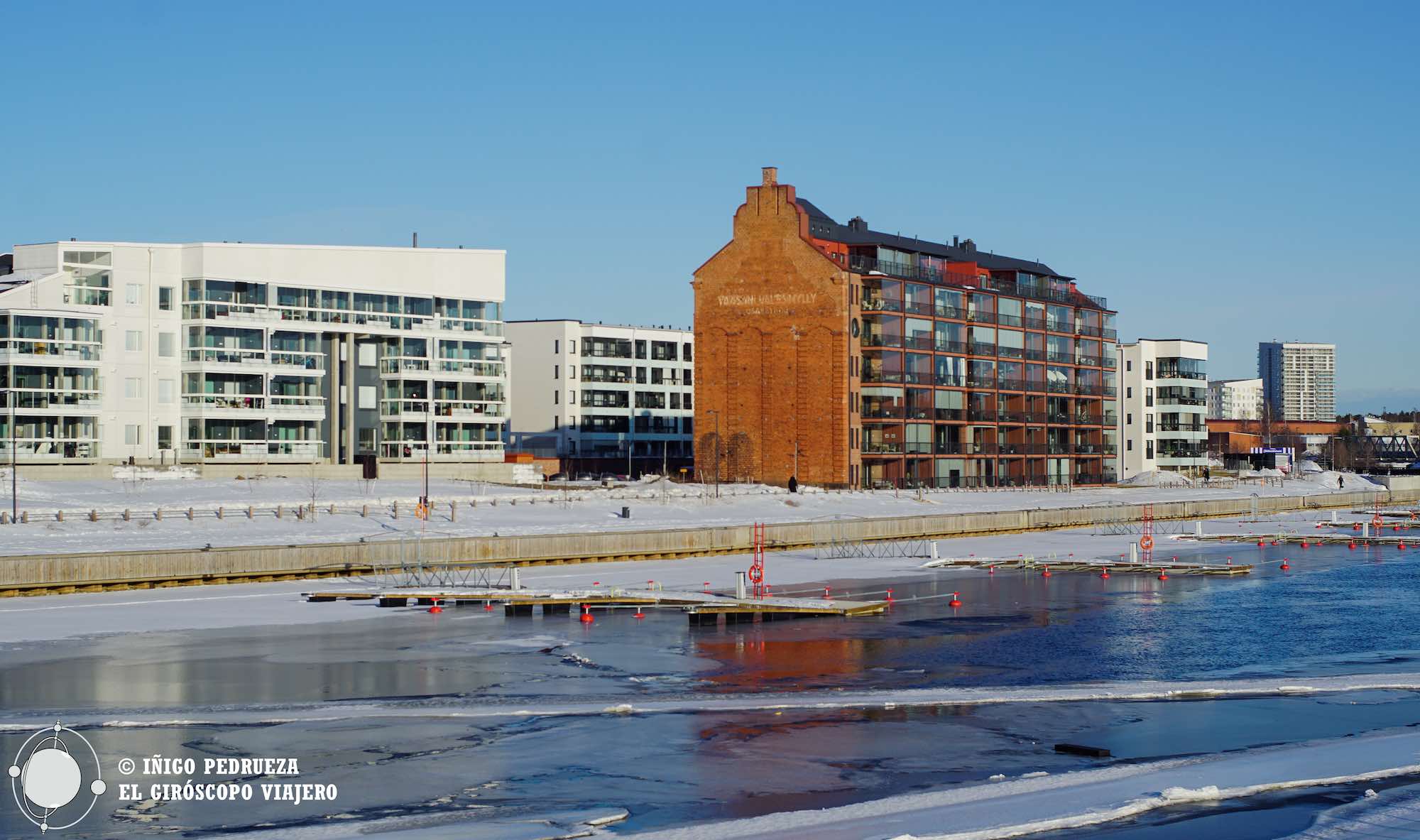
We know Finland as we have lived and worked in the country for several months over more than five years. Finland is a country with enormous potential to attract digital workers. It is a highly developed country in digital sectors and with a leading economy. Despite having valuable natural resources such as wood, water, mining resources and a classic industry, after the enormous crisis of 1990, Finland decided to choose the development of new technologies and a new knowledge economy.
Thanks to this, it continues to be a leader in numerous industrial sectors. In addition, nowadays Finland is really well positioned in the technological or recycling ones.
Its educational system is recognized as one of the best in the world. An integrating system differing greatly from the competitive stress of Asian countries model. However is extremely effective in training citizens and professionals.
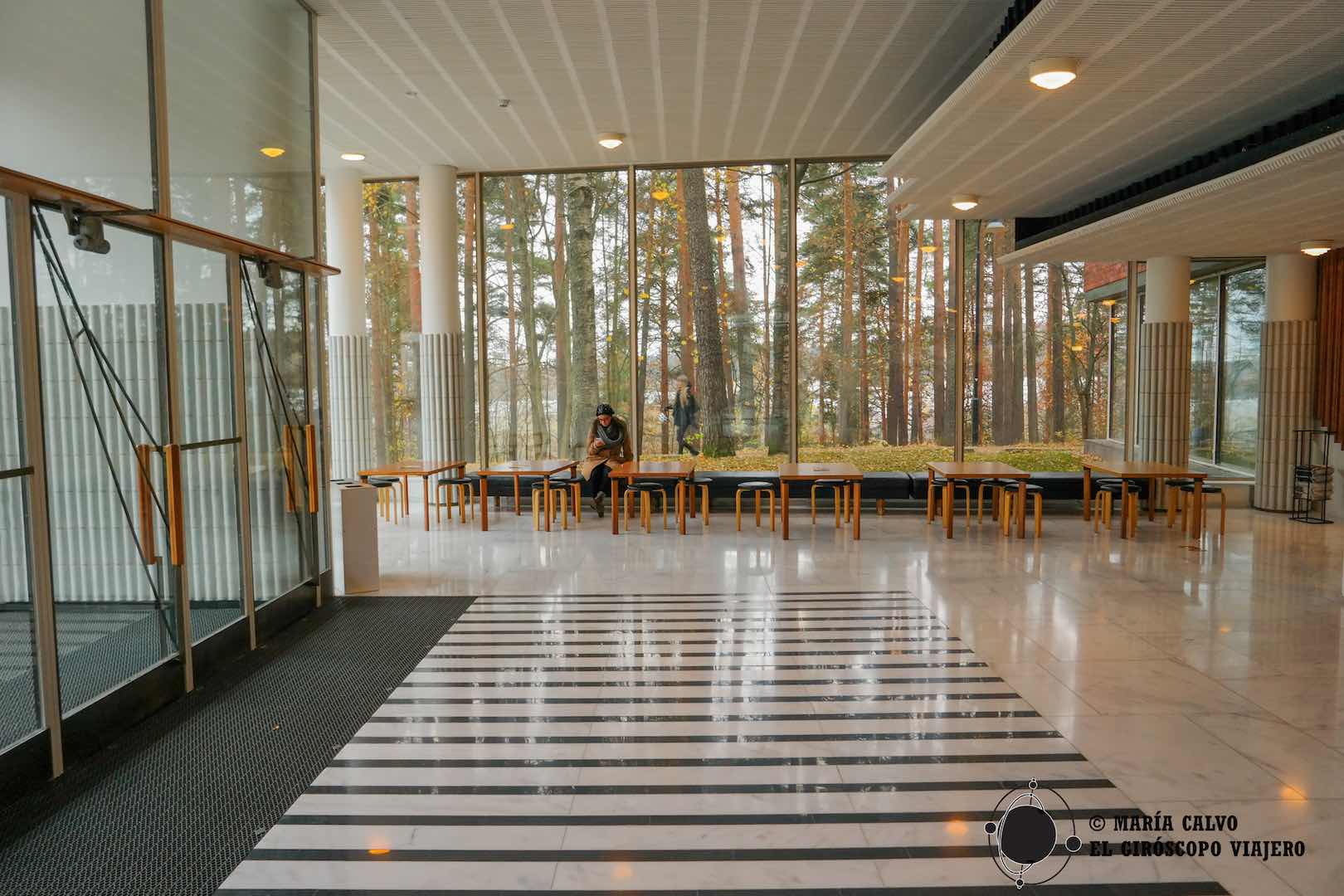
Their coaches are reputed trainers in many sports. Its architects, urban planners, engineers and designers too. The health system and infrastructures work and serve a population that needs it to move around, in a country where a climate can be tough. Finland is an exemplary country in terms of garbage and waste treatment, care of water resources and forest management. It is a large and sparsely populated country where there is space. It is a huge opportunity to decongest the Helsinki conurbation and promote a better lifestyle by occupying the whole territory.
In addition to its measurable objective factors, Finland has other elements of attraction which are difficult to quantify, but extremely valuable. We will show only some of them: The contact of the Finns with nature is extraordinary; its philosophy of sauna and silence; the respect for the other. It is not an Eden, far from it, but it contains many useful answers to our current problems.
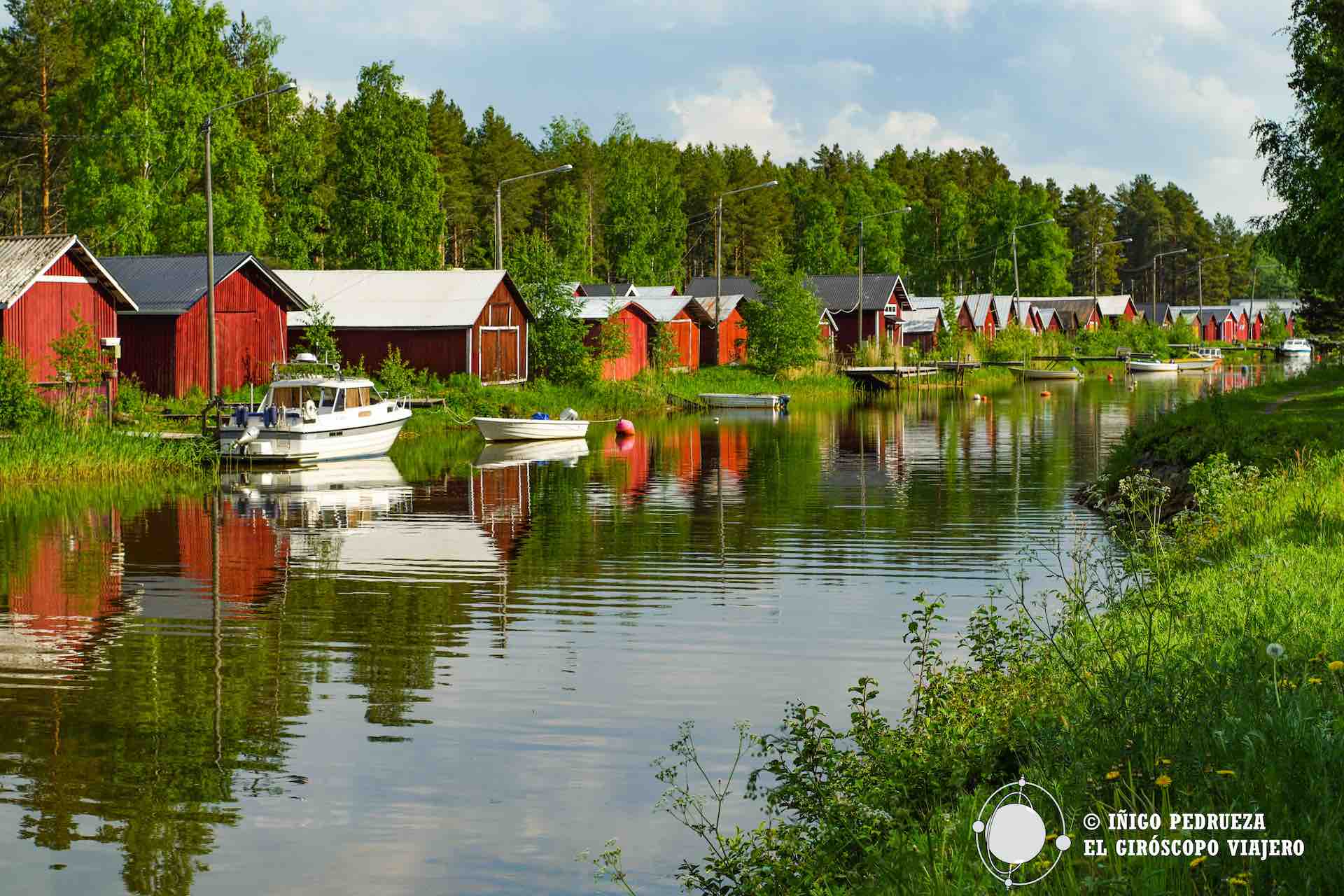
Finland just needs to share its experience and knowledge, gaining the self-confidence that it sometimes lacks. For all these reasons, it is such an attractive country and, and many people have chosen to live in Finland. Much more could come to the country if attraction programs were proposed and adapted to those digital professionals who can contribute so much. Many, on a Finnish scale, where one or two families of entrepreneurs can shake up a village and, several dozen, change the economic structure of a small town.
Finland example of digital attraction for the European Union.
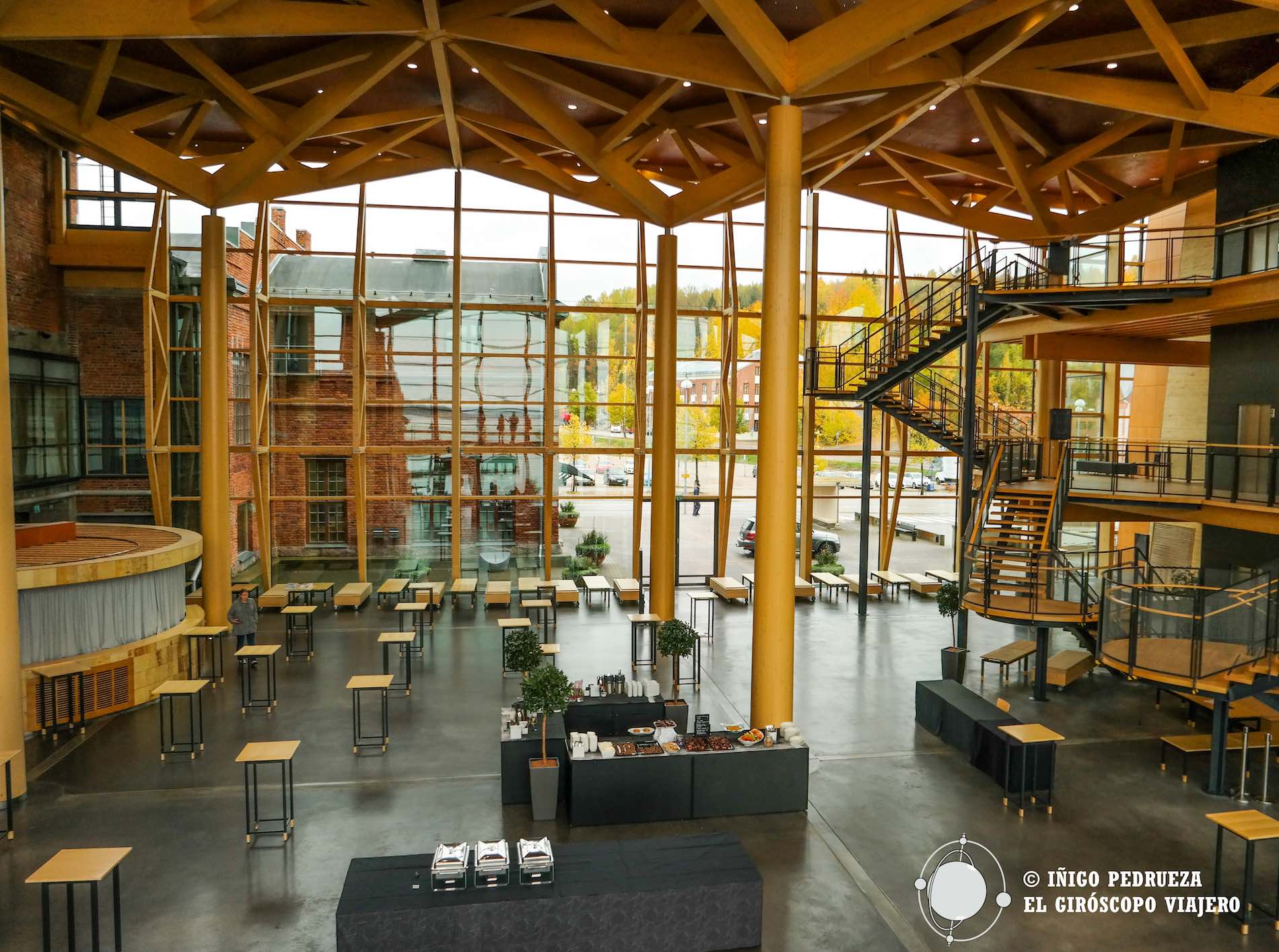
Once again, it is about newcomers helping to catalyze local potential. Giving answers and knowledge to problems in rural areas. Collaborating in the development of medium-sized cities such as Lahti, Tampere, Jyväskylä, Turku, Oulu, Kokkola, Kuopio, Espoo, Rauma or Uusikaupunki.
As in other countries, there is a demand for professionals from the medical, business and marketing sectors, construction… who, together with digital professionals, can provide great combined solutions to problems. And above all, to be, to become an example and a case or model to be reproduced in other countries and contexts, in the European Union and in the rest of the world. Because this model can be replicated easily in Spain, France, Portugal, Croatia, Greece, Sweden and so on…
The future needs positive examples to convince us that cooperation and coexistence are always better than conflict and injustice. There is still plenty of room, but it will be the first who leave the deepest mark.
